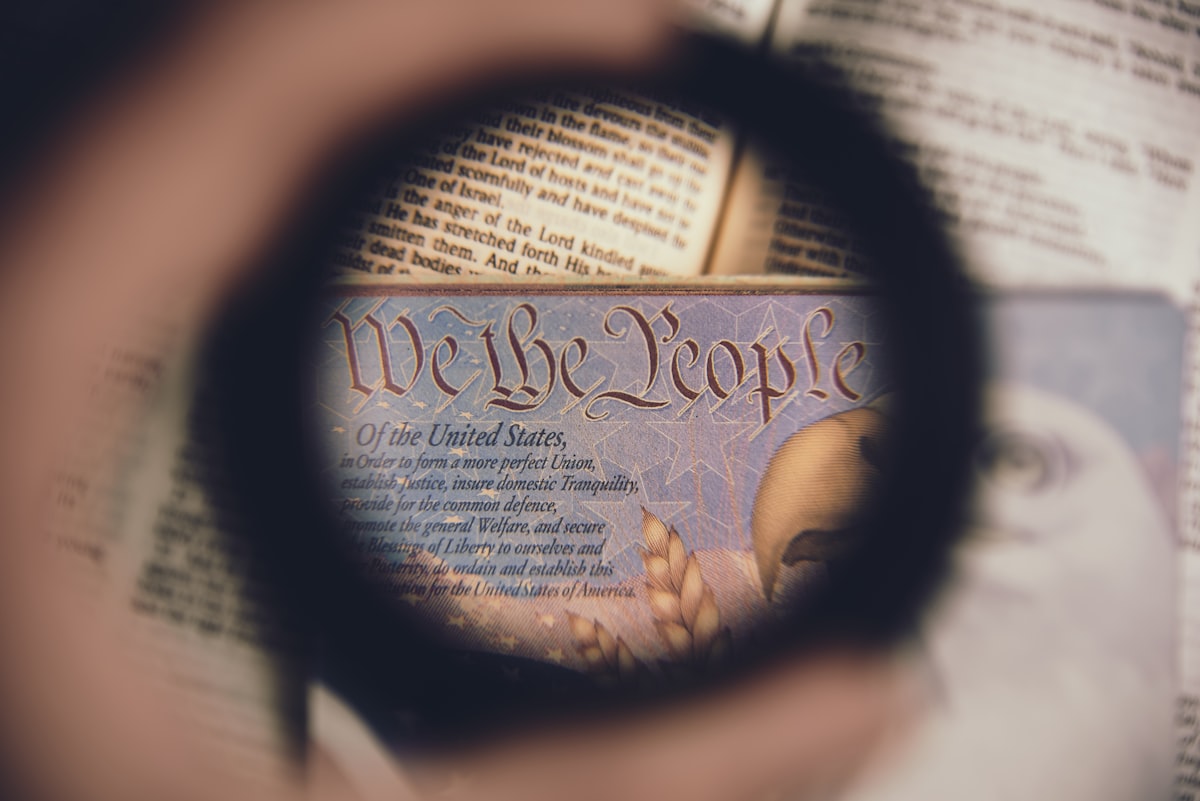Civil rights laws killed the Constitution

A minor panic has broken out among the chattering class after a few conservative commentators showed an interest in questioning the civil rights revolution and its accompanying legal framework. Liberal and conservative publications alike have expressed grave concern that anyone might question the need for an oppressive bureaucracy that has spent trillions of dollars and wielded unprecedented state power to detect the slightest amount of wrongthink in the public and private sectors.
While the ideological core of wokeness may have involved a heavy dose of cultural Marxism, the juridical and moral vehicle used to advance the ideology was clearly civil rights law. The fear of being called mean names has driven conservatives away from many critical battles, but if the right cannot face the fact that civil rights law has played a central role in the destruction of the nation, then the movement simply has no future.
Christopher Caldwell, in his excellent book “The Age of Entitlement,” lays out the process by which civil rights law supplanted the U.S. Constitution. According to Caldwell, the Civil Rights Act of 1964 was adopted in good faith by a then-overwhelmingly white American population as a temporary emergency measure designed to solve the problem of discrimination. Politicians sold the bill as a way to end the ugly practice of segregation that lingered in the South and to help put black people on an equal legal footing.
Most of the legislation’s supporters could not imagine how the law would apply to their neighborhoods or affect their children. Voters were in for an ugly surprise when, just a few years later, the federal government implemented forced busing and racial quotas across the nation.
The unprecedented authority granted by the CRA was used to establish a vast enforcement bureaucracy with the power to govern every organization in the country. Government offices, corporations, and private institutions were required to keep meticulous records detailing the racial characteristics of those they employed or served.
Soon, companies instituted racial preferences and warped their hiring policies around the goal of avoiding lawsuits based on a lack of “diversity,” which gave birth to the all-powerful human resources departments that terrorize conservatives today.
Basic instruments of employment screening, like aptitude tests, were banned due to their “disparate impact” on minorities who routinely scored lower despite no evidence of intentional discrimination. This is the primary reason that ultra-progressive universities have become employers' dominant form of legal credentialing.
ivil rights law destroyed or curtailed several core constitutional rights, including freedom of association, property rights, and freedom of speech, while circumventing the amendment process. A web of executive orders, judicial decisions, and litigation replaced the legislative process and became the standard by which every organization defined its own policies.
The Civil Rights Act, moreover, played a critical role in the growth of the administrative state, where experts implemented their plans for social engineering through the dictates of unaccountable federal agencies. In an era of democratic gridlock, civil rights law became the permanent state of exception through which the government could shape society without regard for the Constitution’s limitations.